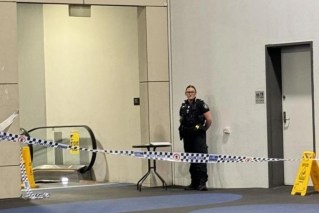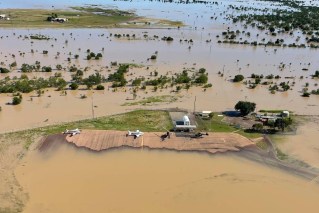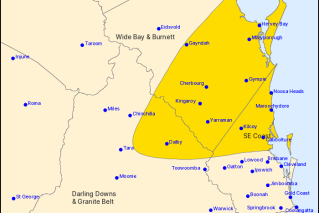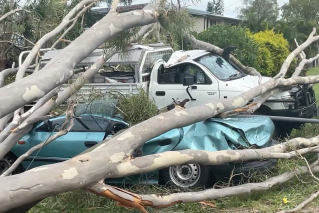Digger’s grave receives tombstone, 100 years after death
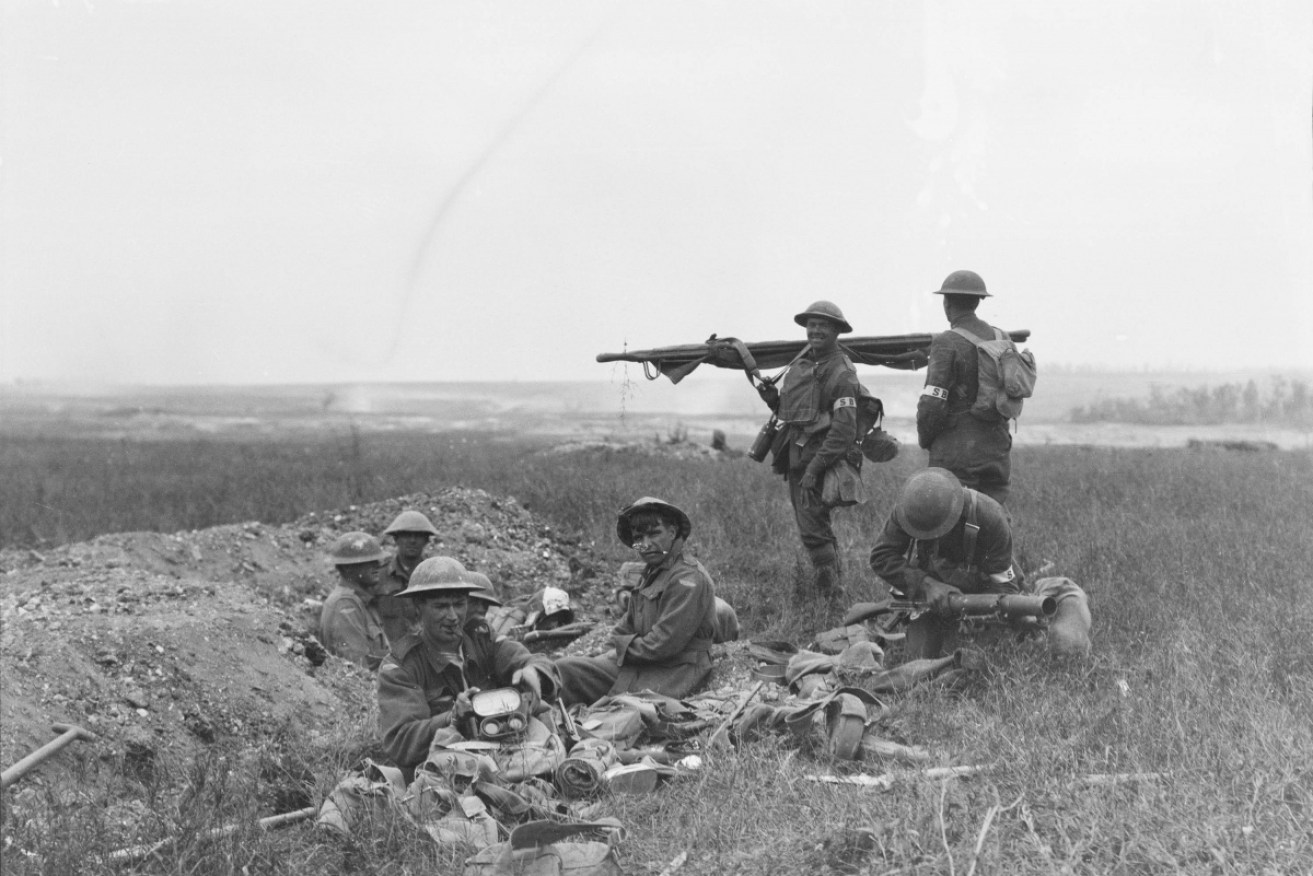
A Brisbane digger lost during World War One will finally be farewelled in France. Photo: AAP
For nearly 100 years, the body of Brisbane soldier Robert “Noll” Bowness has lain in an anonymous grave in France.
One of three men killed by a German shell at Hamel on July 5, 1918, the 22-year-old’s remains ended up at the cemetery at Villers-Bretonneux beneath a tombstone marked “a soldier of the great war”.
His final resting place has remained a mystery to his family, until now.
A century to the day after Private Bowness’ death, the grave will for the first time be marked with a tombstone bearing his name at a formal rededication ceremony on Wednesday.
His great-niece Kristine Broadway has travelled from Brisbane to northern France and will represent the Bowness family, including Pte Bowness’ two surviving nieces, at the service.

Private Bowness’ memorial will be the first time a family member has stood at his grave.
It will be the first time a family member has stood at the grave.
“They (the Army) buried him and the other two men on the field but unfortunately the crosses were lost,” Ms Broadway said.
“And so as far as my family was concerned, my great-grandmother and great-grandfather and his brothers and sisters, to the day they died, they thought he had an unknown grave.”
The discovery owes much to retired history teacher Colin Gillespie, a former colleague of Ms Broadway’s who began researching the case seven years ago.
Mr Gillespie said a reference on the anonymous Villers-Bretonneux tombstone to “4th Australian Pioneers” gave a strong link to Pte Bowness.
With research into the 4th Pioneer Battalion provided by another history teacher, Michael Goodwin, a process of elimination led them to conclude the unknown soldier was indeed Pte Bowness.
That conclusion was finally confirmed by the Army seven weeks ago, Ms Broadway said.
Mr Gillespie said he “felt a great deal of relief and pride once we had confirmed that this was Bowness’ grave”.
He was unable to travel to France for Wednesday’s ceremony because of ill health.
Pte Bowness’ service will follow a separate, public ceremony at the nearby Australian Corps Memorial to mark a hundred years since the Battle of Hamel.
The 93-minute operation on July 4, 1918, led by legendary Australian commander General John Monash, was a great success for the Allies and cemented Monash’s reputation.
Germany lost around 2000 troops including 1600 prisoners captured, while Australian casualties numbered about 1400 dead and wounded.
Forty-five supporting Americans were killed.
-AAP





